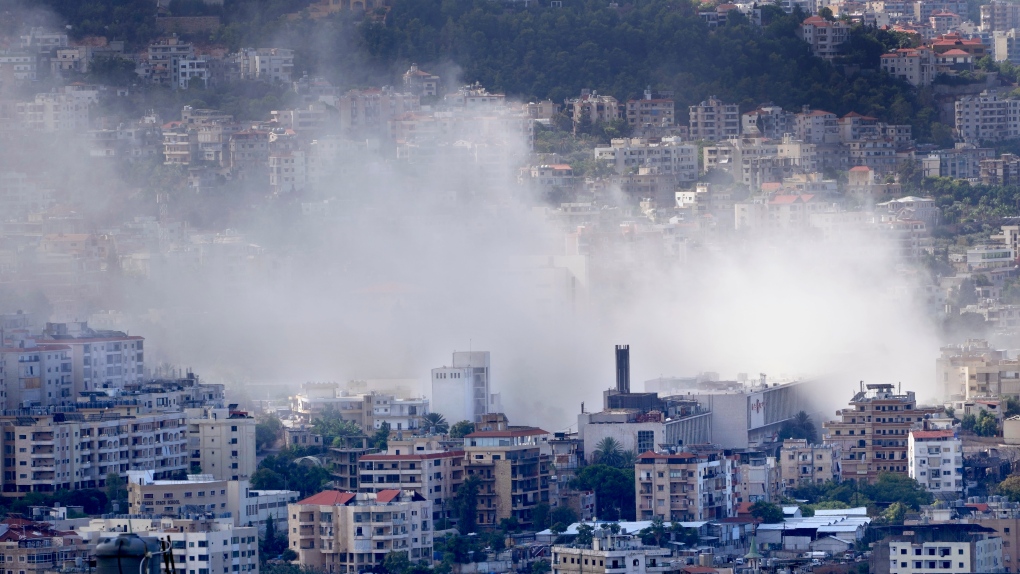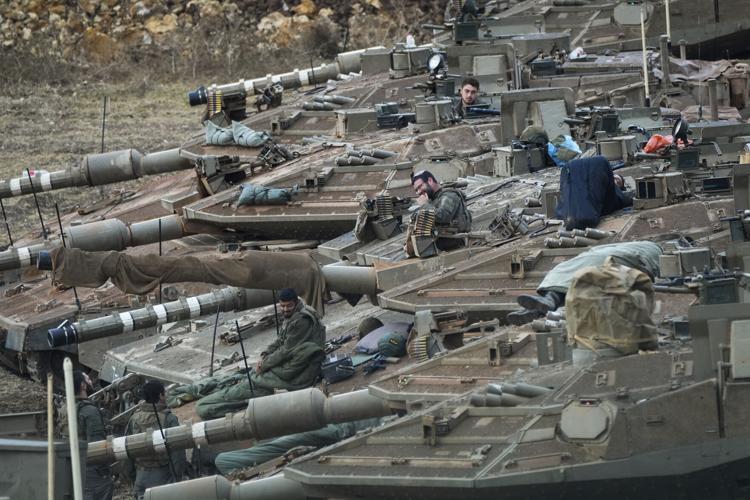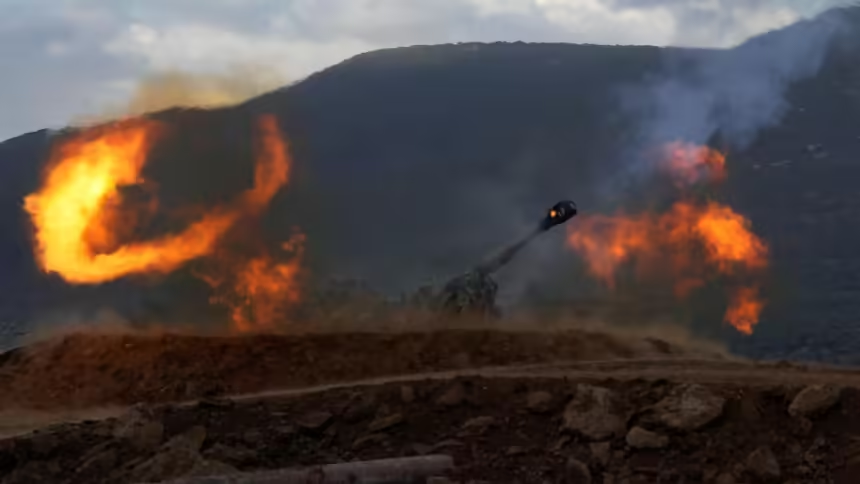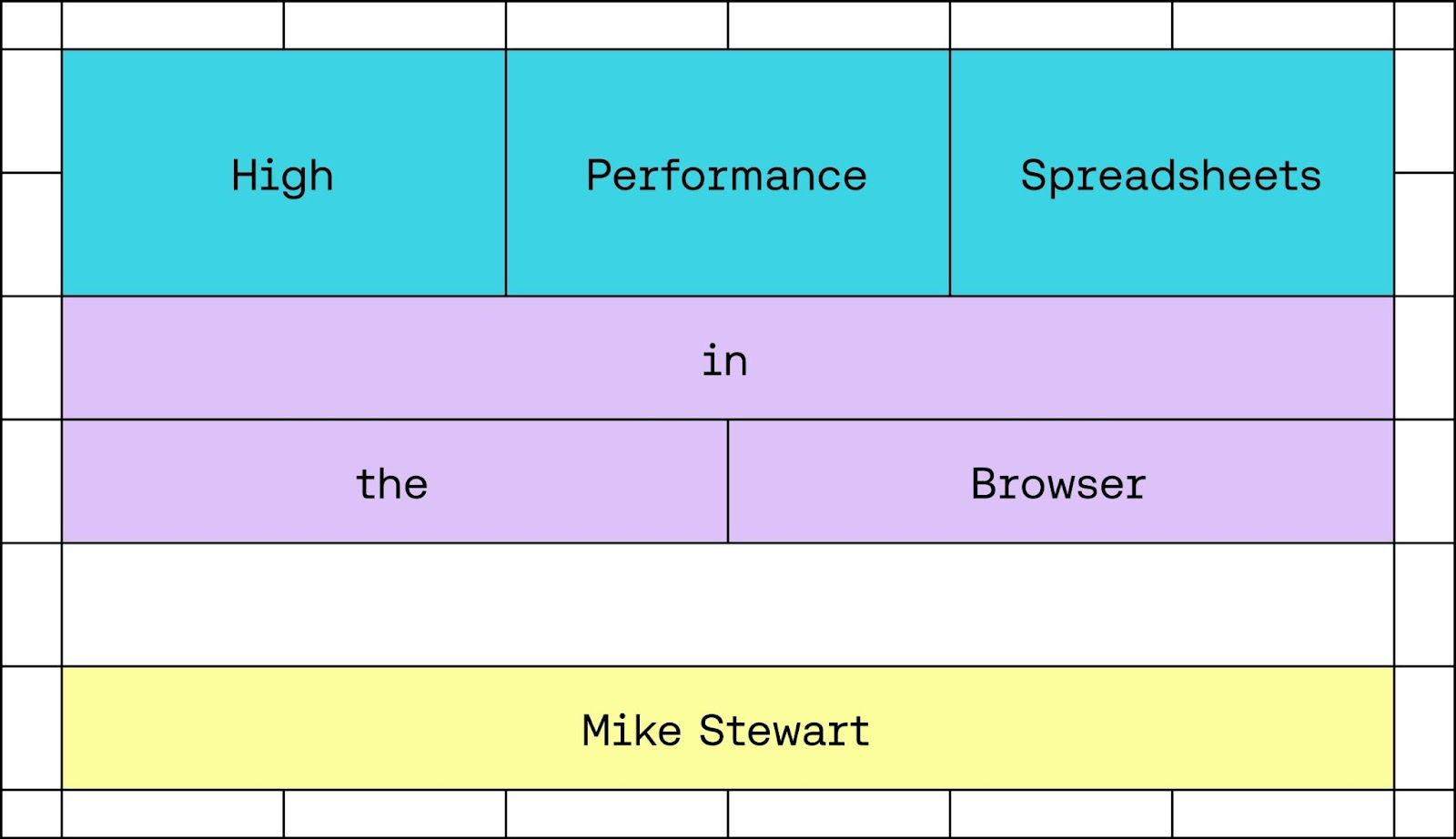The Israel-Iran conflict has escalated to a point where regional stability is under serious threat. In recent developments, Iranian missile attacks against Israel have intensified following Israeli airstrikes that targeted Hezbollah leadership, including the assassination of Hassan Nasrallah. This retaliation marked a new phase in the conflict, pushing Israel to launch extensive ground operations into Lebanon, where Hezbollah militants have fortified positions. The two fronts—Lebanon and Gaza—are seeing intense battles, with Israel aiming to neutralize both Hezbollah and Hamas threats.
Netanyahu’s government has reaffirmed its commitment to defending Israeli borders. In a public statement, Netanyahu emphasized that the Israel-Iran conflict has grown into a fight for Israel’s very existence. The Israeli Defense Forces (IDF) are actively engaged in both the north and south, targeting Hezbollah positions along the Lebanese border while continuing airstrikes in Gaza. The international community, including the United States and France, is watching closely. President Biden has called for proportionality in Israel’s response to avoid triggering a wider regional conflict that could involve other countries like Syria and Iraq.

Hezbollah’s involvement in the Israel-Iran conflict is a major factor driving the situation toward a dangerous escalation. With heavy military support from Iran, Hezbollah has been able to maintain its operations despite Israeli strikes. Iran has been vocal about its backing of Hezbollah and its condemnation of Israel’s actions, framing them as “crimes” against the people of the region. Iranian President Masoud Pezeshkian recently stated that further Israeli actions will be met with harsher retaliations, signaling that Iran remains fully committed to supporting Hezbollah’s resistance efforts.
Civilians on both sides of the conflict are enduring the brunt of these military operations. In Israel, missile sirens have become an all-too-common occurrence as residents take cover from frequent rocket attacks. Meanwhile, in Lebanon and Gaza, airstrikes have destroyed homes, critical infrastructure, and civilian facilities, leading to hundreds of casualties and displacement. Despite calls from humanitarian organizations for a ceasefire, the Israel-Iran conflict appears far from a resolution. The United Nations has warned of an impending humanitarian crisis in Gaza, with food, water, and medical supplies dwindling rapidly amid the airstrikes.
The Israel-Iran conflict also represents a broader geopolitical struggle, with other regional actors watching closely. Hezbollah’s alliance with Iran positions the conflict within the larger context of Middle Eastern power struggles, particularly as it involves Israel’s strategic relationships with nations like the United States. As the situation develops, it’s becoming evident that resolving this crisis will require significant diplomatic effort from multiple global players. For now, however, the Israel-Iran conflict is on a path that threatens to destabilize the entire region.
The broader ramifications of the Israel-Iran conflict have spurred a wide array of responses from international leaders. France has advised its citizens to temporarily leave Iran, reflecting fears that tensions might spill over into other countries. The Biden administration, in coordination with European allies, has urged for restraint, but it is clear that a lasting solution remains elusive. Many analysts argue that without a comprehensive peace initiative that addresses the underlying political tensions, the Israel-Iran conflict is likely to persist.

The war is being fought on multiple fronts: in the skies over Gaza, in the streets of southern Lebanon, and in the corridors of international diplomacy. As the Israel-Iran conflict continues to unfold, it brings with it deep-rooted issues related to national security, territorial disputes, and regional alliances. It remains to be seen how long this conflict will continue and what the ultimate resolution will be, but it is clear that the Israel-Iran conflict will leave a lasting impact on the Middle East.
For more information visit : World News








